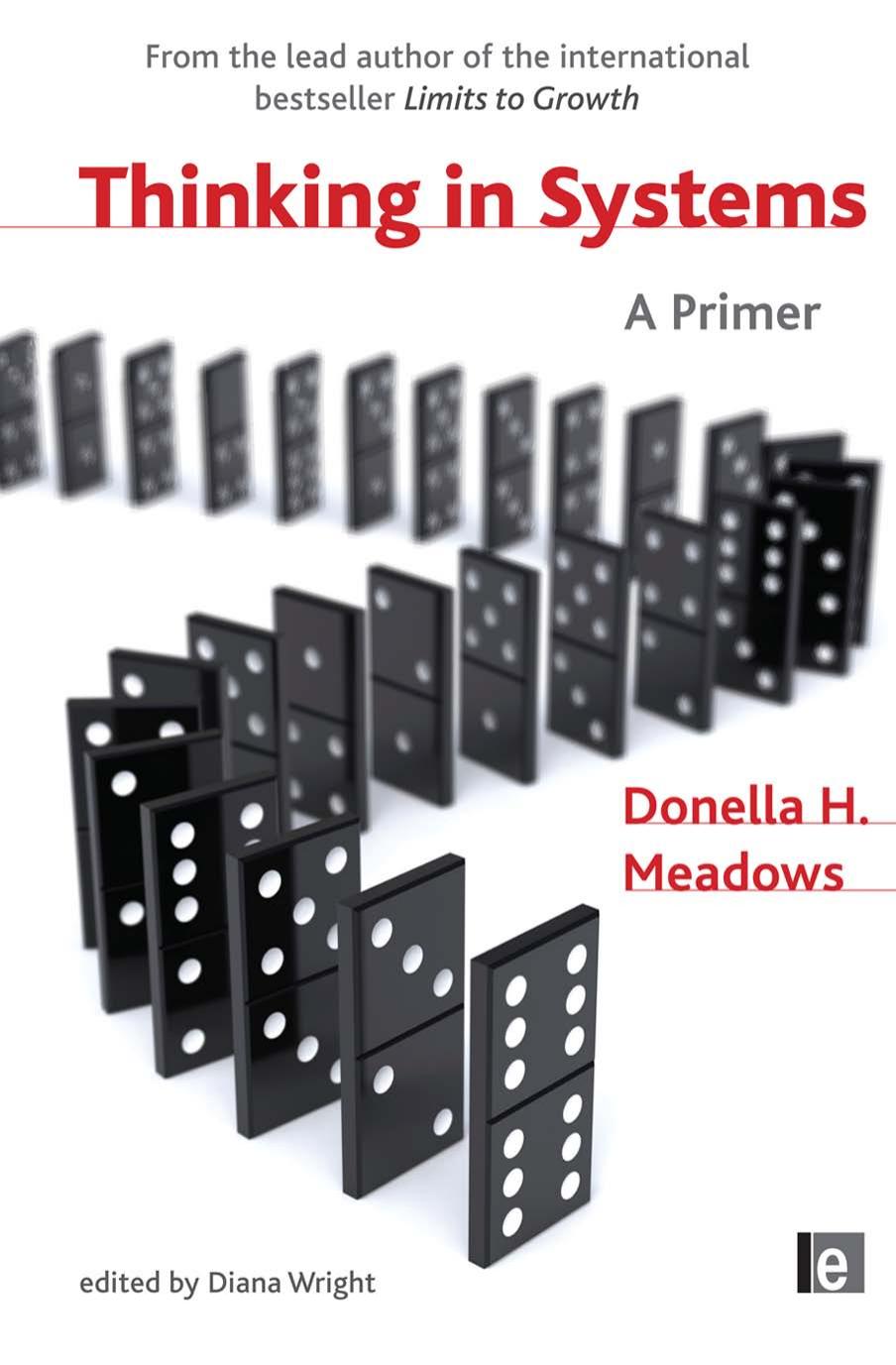Thinking in Systems by Donella H. Meadows

Author:Donella H. Meadows
Language: eng
Format: epub, pdf
Publisher: Chelsea Green Publishing
Published: 2008-12-20T05:00:00+00:00
Some systems are structured to function well despite bounded rationality. The right feedback gets to the right place at the right time. Under ordinary circumstances, your liver gets just the information it needs to do its job. In undisturbed ecosystems and traditional cultures, the average individual, species, or population, left to its own devices, behaves in ways that serve and stabilize the whole. These systems and others are self-regulatory. They do not cause problems. We don’t have government agencies and dozens of failed policies about them.
Since Adam Smith, it has been widely believed that the free, competitive market is one of these properly structured self-regulating systems. In some ways, it is. In other ways, obvious to anyone who is willing to look, it isn’t. A free market does allow producers and consumers, who have the best information about production opportunities and consumption choices, to make fairly uninhibited and locally rational decisions. But those decisions can’t, by themselves, correct the overall system’s tendency to create monopolies and undesirable side effects (externalities), to discriminate against the poor, or to overshoot its sustainable carrying capacity.
To paraphrase a common prayer: God grant us the serenity to exercise our bounded rationality freely in the systems that are structured appropriately, the courage to restructure the systems that aren’t, and the wisdom to know the difference!
The bounded rationality of each actor in a system—determined by the information, incentives, disincentives, goals, stresses, and constraints impinging on that actor—may or may not lead to decisions that further the welfare of the system as a whole. If they do not, putting new actors into the same system will not improve the system’s performance. What makes a difference is redesigning the system to improve the information, incentives, disincentives, goals, stresses, and constraints that have an effect on specific actors.
The bounded rationality of each actor in a system may not lead to decisions that further the welfare of the system as a whole.
Download
This site does not store any files on its server. We only index and link to content provided by other sites. Please contact the content providers to delete copyright contents if any and email us, we'll remove relevant links or contents immediately.
International Integration of the Brazilian Economy by Elias C. Grivoyannis(111059)
The Radium Girls by Kate Moore(12028)
Turbulence by E. J. Noyes(8051)
Nudge - Improving Decisions about Health, Wealth, and Happiness by Thaler Sunstein(7709)
The Black Swan by Nassim Nicholas Taleb(7129)
Rich Dad Poor Dad by Robert T. Kiyosaki(6633)
Pioneering Portfolio Management by David F. Swensen(6301)
Man-made Catastrophes and Risk Information Concealment by Dmitry Chernov & Didier Sornette(6019)
Zero to One by Peter Thiel(5802)
Secrecy World by Jake Bernstein(4753)
Millionaire: The Philanderer, Gambler, and Duelist Who Invented Modern Finance by Janet Gleeson(4478)
The Age of Surveillance Capitalism by Shoshana Zuboff(4293)
Skin in the Game by Nassim Nicholas Taleb(4250)
The Money Culture by Michael Lewis(4207)
Bullshit Jobs by David Graeber(4192)
Skin in the Game: Hidden Asymmetries in Daily Life by Nassim Nicholas Taleb(4007)
The Dhandho Investor by Mohnish Pabrai(3765)
The Wisdom of Finance by Mihir Desai(3748)
Blockchain Basics by Daniel Drescher(3583)
